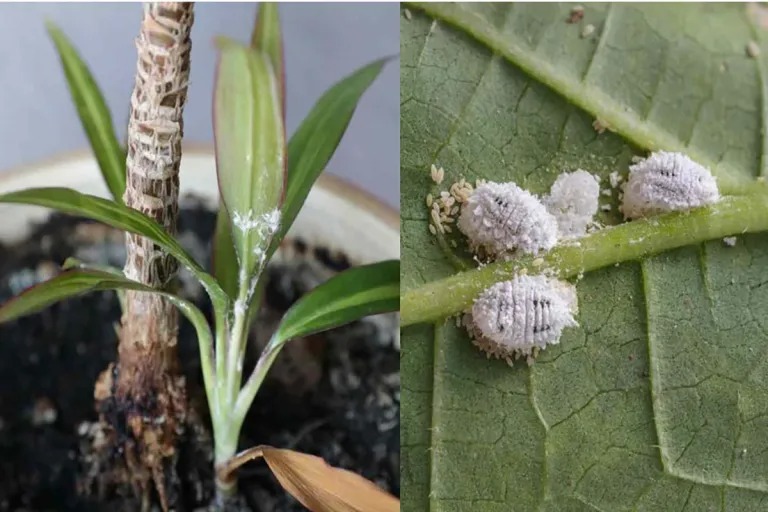When warmer weather finally arrives, one of the best parts is watching our plants start to flourish again. When spring finally arrives and the plants you’ve nurtured all winter are ready to be enjoyed, along comes the much-hated cochineal.
It’s a common problem because there are many different kinds of these insects. The most frequent type is “cottony” or “floury,” so called because it produces honeydew, a white material. Getting rid of these insects is essential for plant survival.
The good news is that there are numerous viable options. Everything is pretty easy, yet remarkably efficient.
Tea tree oil
It’s true that this oil’s wide range of qualities makes it applicable in many settings. The ability to cleanse and kill microorganisms makes it ideal for use in killing off cochineal. Put roughly ten drops into a liter of water and stir. Spray it on the leaves with the help of a sprayer. Once every four to five days, we administer the treatment again.
There’s a risk that it won’t enable the leaves to breathe if it’s used when the temperature is too high.
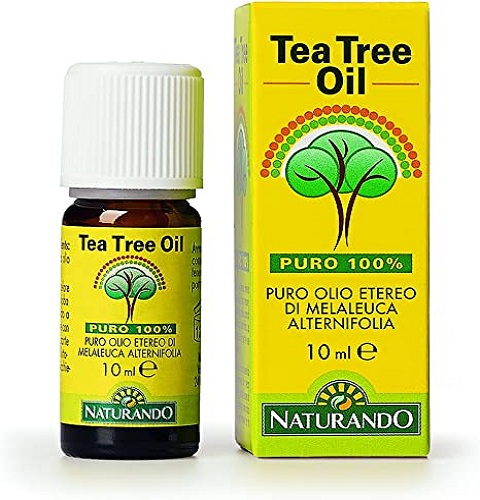
Marseille soap
In addition to its reputation for cleanliness, Marseille soap is also known for its delicate texture. For every liter of water, we add around 20 grams of the product. Spraying the solution on the plant’s crown once every three to four days has shown to be effective. The invasion will be a distant memory.
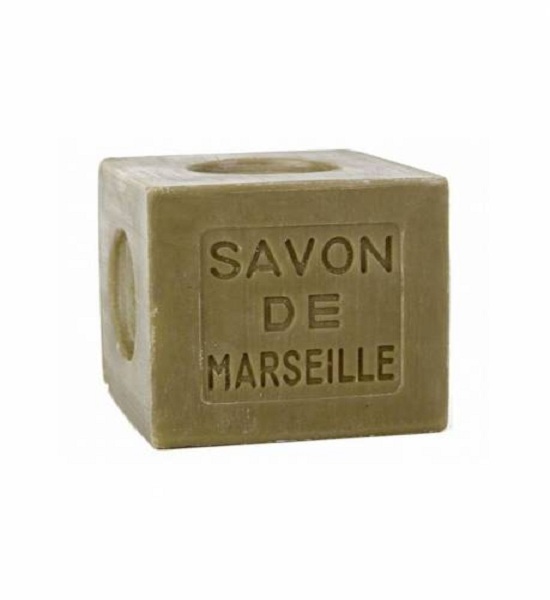
Garlic & onion
To get rid of the cochineal, you can use garlic and onions if your plants are located far enough away. You should mince them up and add them to 5 liters of water. Apply the solution on the leaves. Yet another option is to just plant garlic cloves around the plant. When it begins to sprout, its pungent aroma will drive away the pesky bugs.
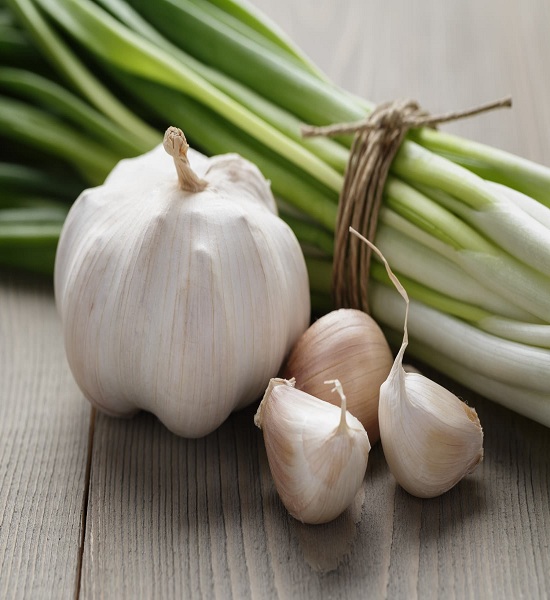
White vinegar alcohol
Vinegar is another highly effective way for removing cochineal from plants. About once every five days, use a cotton swab dipped in a solution made from one measuring cup of bleach and one liter of water to gently pass the solution over the leaves.
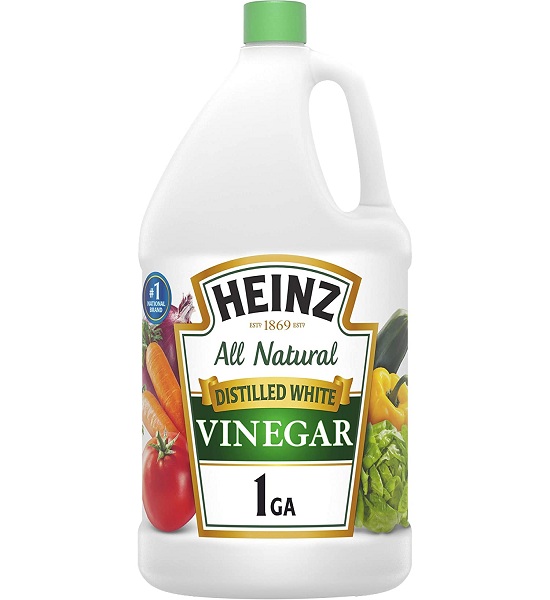
Denatured alcohol
If the infestation is particularly hard to eradicate, you can resort to a stronger technique by mixing one liter of water with one tablespoon of denatured alcohol. It is only used on plants that have proven to be resistant, and never on days where the temperature is expected to reach or exceed 90 degrees. It’s extremely efficient, but it’s also quite aggressive.
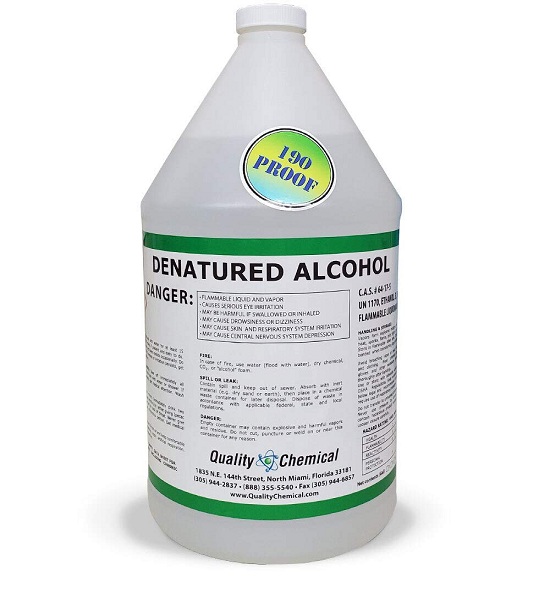
Direct light
Finally, direct sunlight can be used to clear the plants of the cochineal. Providing the plant can handle the conditions. Those parasites can’t stand bright lights. The unwanted visitors, however, may simply transfer from one leaf to another, so you must be sure to change the pot on occasion.

